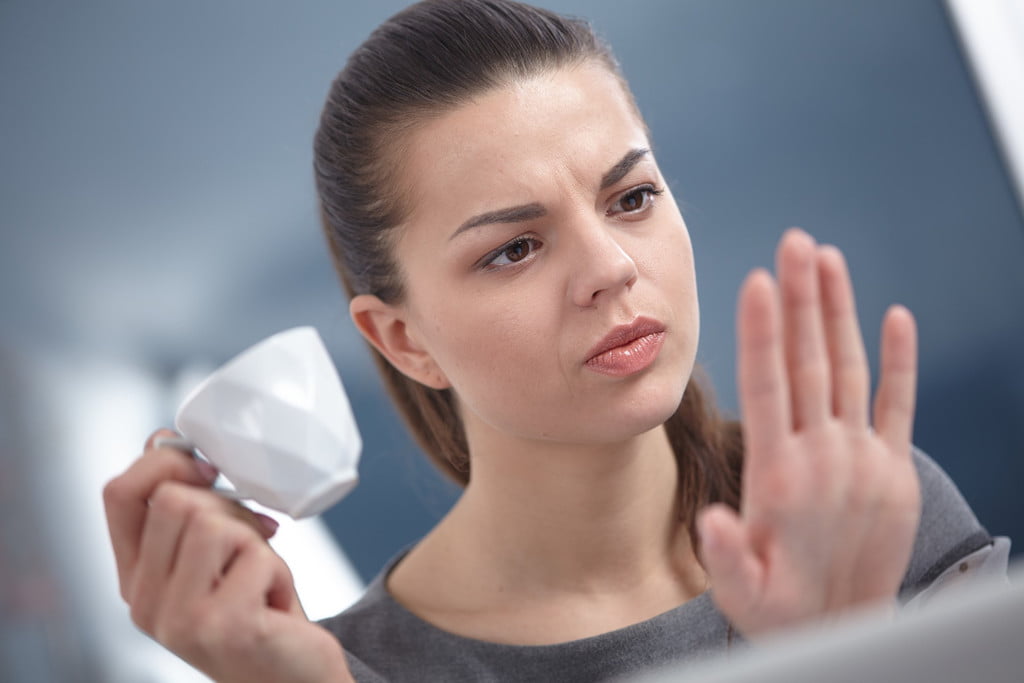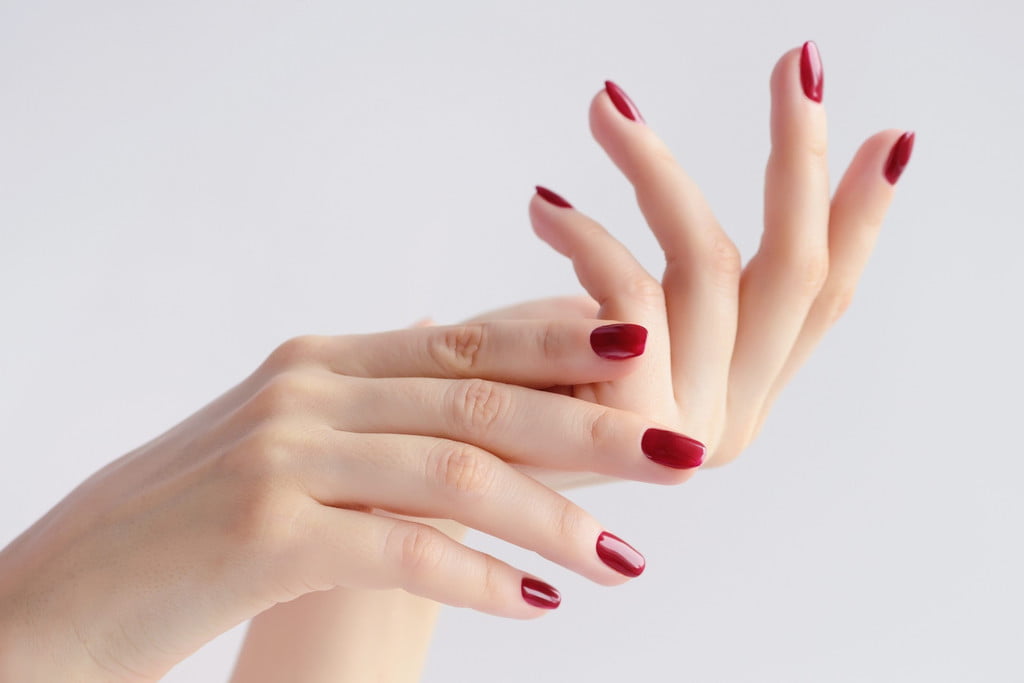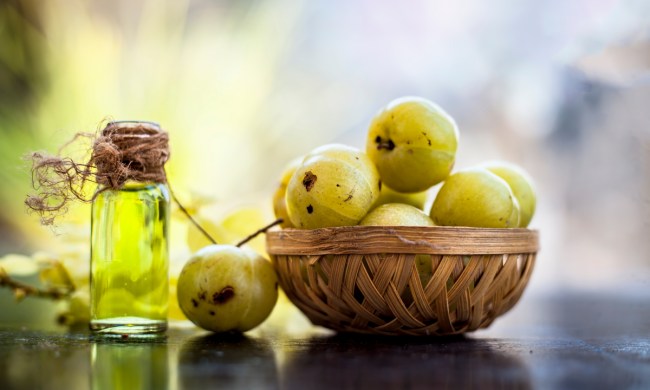While you may have been getting your weekly manicures and pedicures, getting your frequent foot massages, and following those tips for smooth, healthy feet and hands, you may have forgotten about your nails. No, not the polish hue – not the unique embellishment daubed over them – but their overall health. A broken nail can be a real pain, especially if you just spent good money at the salon getting a manicure. If you suffer from nails that tend to bend, break, or are just plain brittle, then it may be time to look for ways to make them stronger. Strong nails can be an indicator of good health.
Why are your nails brittle, fragile, and breakable?

As with any issue, finding the root cause can be a great first step in tackling the problem head on. If you notice that you have or are beginning to have brittle nails that break or bend somewhat easily, it can be frustrating to deal with. There are numerous reasons why your nails may not be as strong as they should be. Finding the reason will help you determine the right method to strengthen them. Here are a few causes:
- Nail-biting habit
- Vitamin deficiencies
- Nails are used to open cans, boxes, and containers
- Dehydration
- Nails are too long
- Aging
- Hypothyroidism
Hydration is key
Most cosmetic issues such as acne, dry skin, or fragile nails can all be the result of one common cause: Dehydration. A self-care activity that has been drilled into our heads since we were young, hydration can do wonders for overall health, skin, weight-loss journeys, and, of course, nails.
When your body lacks water, your fingers don’t have the moisture to support healthy nails. Therefore, they become dry, brittle, and can crack or break at the slightest pressure. If you notice that your nails feel dry and brittle, increase your water intake throughout the day. It is suggested that you drink around 1 ounce of water for every pound you weigh on a daily basis. This will help restore your nails to their perfect health.
Monitor the nail products you use
While most nail products are designed with your nail’s health in mind, some may contain harmful or harsh ingredients that are not playing well with your nails. Nail polish and nail polish remover are usually the most common culprits, drying your nails out in silence until the fatal break. To avoid or reduce this, you can try getting your nails done less often or look for products with more gentle ingredients.
Take some supplements
Nail health can be directly linked to your overall health. Nails are made of keratin, just like your hair. You may have seen supplements designed for healthy hair growth, and the same goes for your nails.
Luckily, there are some great vitamins and supplements that are known for strengthening nails and giving your body a much-needed boost. You can even find some of these vitamins and minerals in certain foods. So, if you’re worried that your nails might need some extra nutrition, you can add some of these supplements to your daily diet:
- Biotin
- Vitamin B12
- Zinc
- Iron
- Magnesium
- Protein
- Vitamin C
- Omega-3 fatty acids
Keep your nails short and trimmed

Regardless of how strong your nails may be, an annoyance that everyone deals with is breakage from length. The longer the nail, the more likely it is to snap. The best way to keep your nails in one piece is to keep them short and trimmed. If you love the long nail look, however, you can always try acrylics or keep a base coat on your nails for extra support.
Don’t use your nails as a tool
From cracking open a can of soda to tearing into a package, nails seem to be the perfect handy tool. Despite our nature to use our nails whenever possible, this behavior can create weaker and more flimsy nails. It also is typically the cause of breakage in the first place.
The health of your nails often reflects the health of your body as a whole. It can be a great indicator for nutrients you might be missing, dehydration, or an underlying medical condition. If you find yourself trying everything to no avail, it may be best to consult with your doctor or dermatologist for the best treatments. Typically, nail issues can be solved by a change in diet, some added supplements, daily hydration, or by just giving them a break from harsh nail polish. No matter how you strengthen your nails, you’ll love having healthier, sturdier, and prettier nails to show off.


